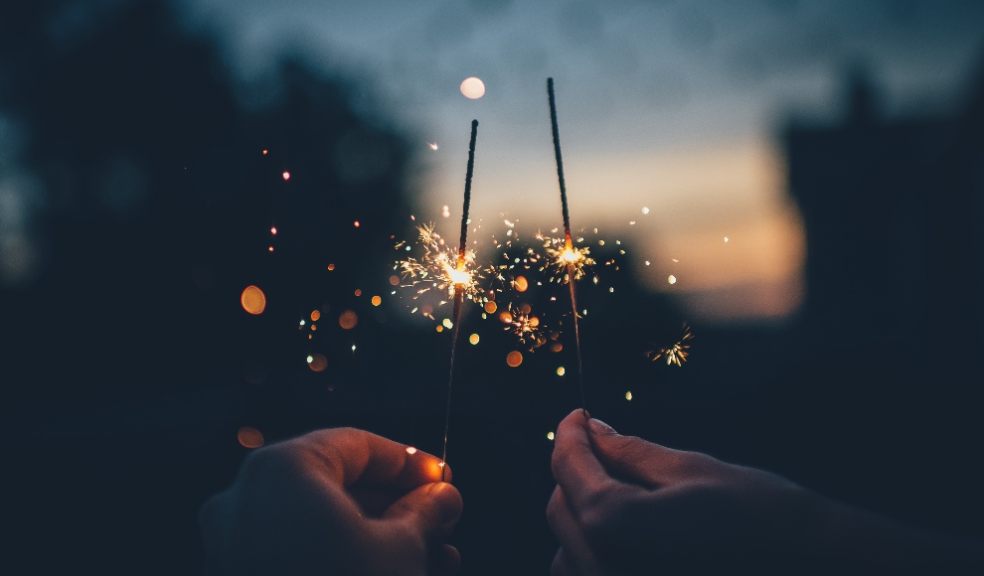
Vets urge owners to create safe spaces for pets ahead of Bonfire Night
As fireworks season approaches, the British Veterinary Association (BVA) is urging pet owners and animal keepers to start preparing now to prevent possible injury and distress to their pets and livestock in the run up to Bonfire Night (5 November), Diwali (12 November) and New Year’s Eve (31 December).
Each year, vets across the UK treat animals with firework-related injuries. By far the most commonly reported cases were self injuries caused by fireworks-related anxiety, such as tooth injuries to dogs from chewing furniture or fractures in horses that had bolted from their fields. The debris and remnants of fireworks and paper lanterns in fields and surrounding countryside can also pose a serious risk of injury to livestock, wildlife and zoo animals.
Signs of fireworks-related distress can vary from animal to animal. While some pets show obvious signs of fireworks-related anxiety, such as panting, drooling and attempts to escape, there are also more subtle signs that owners should be aware of, including restlessness and toileting in the house. Cats often hide, while rabbits may keep very still and thump the ground with their back feet. Poultry are especially at risk of ‘smother’, where in a fear response birds huddle together, which can result in death for some.
British Veterinary Association Junior Vice President Dr Elizabeth Mullineaux said:
“The loud whizzes, bangs and whistles of rockets, Roman candles and sparklers can be fun for some of us, but fireworks displays can be extremely traumatic for animals. Each year, vets treat animals with injuries as a result of stress and fright, as well as burns.
"Contact your vet now to discuss noise desensitisation techniques, pheromone products and other treatments that may be appropriate for your pet. Make sure pets are microchipped with up-to-date details in case of escape. You can also take simple steps around the house now, such as creating a den for dogs and cats, to keep them safe and calm when fireworks start.
“If your pet gets significantly distressed by fireworks, ask your vet about longer-term treatment options, which can be successful with professional input and owner commitment and patience.”
BVA suggests ten top tips to help pet owners and livestock keepers prepare animals as fireworks season approaches.
Top tips to keep animals safe:
- Talk to your vet to discuss treatment options for fireworks-induced stress. This may include drugs to help dogs with noise phobias or pheromone products to apply next to your pets’ den and around the house to keep them calm.
- Create a well-padded den for your pet to access ahead of fireworks season so they have a safe place to hide when fireworks start.
- Ensure your pet is microchipped and your details are up to date on the database, in case it runs away from home.
- Move small pets such as rabbits and guinea pigs to a quiet place indoors.
- Close windows and curtains and provide background noise to help mask the fireworks.
- If your pet is distressed, remain calm yourself. Restlessness or toileting in the house can be signs of stress, so don’t punish them.
- Keep livestock housed at times when fireworks are likely to be set off locally and remove any firework debris from grazing pasture before letting them out.
- Horses may be better turned out in a field than stabled, as in a stable they may feel enclosed and unable to move. Owners should consult a qualified equine behaviourist if they have significant concerns about their horse’s response to fireworks.
- If you’re hosting a fireworks display, avoid setting them off near horses, livestock or companion animals. Dispose of any debris and remnants of fireworks responsibly.
- Before lighting a bonfire, remember to check for any wild animals that may be hiding in it.













